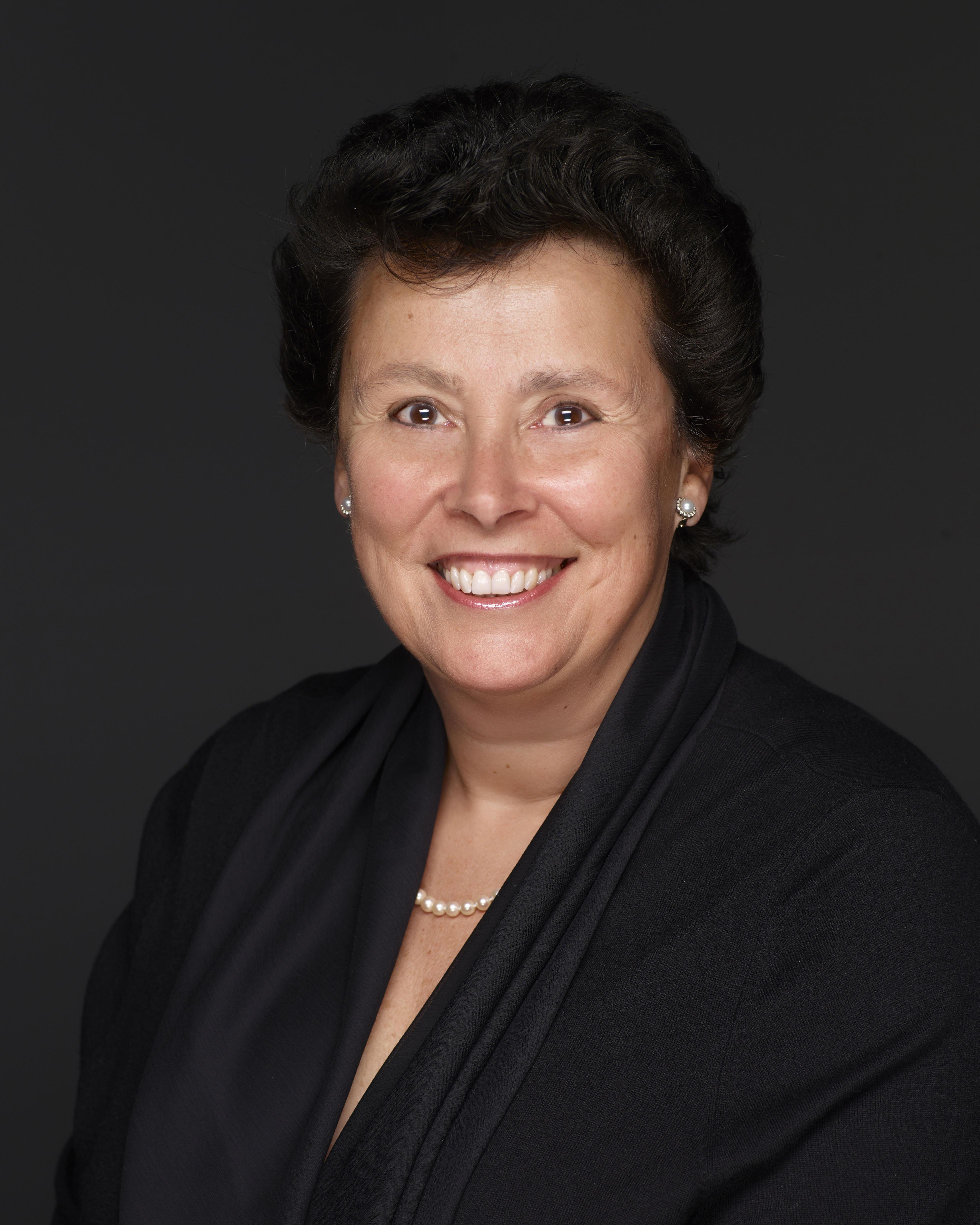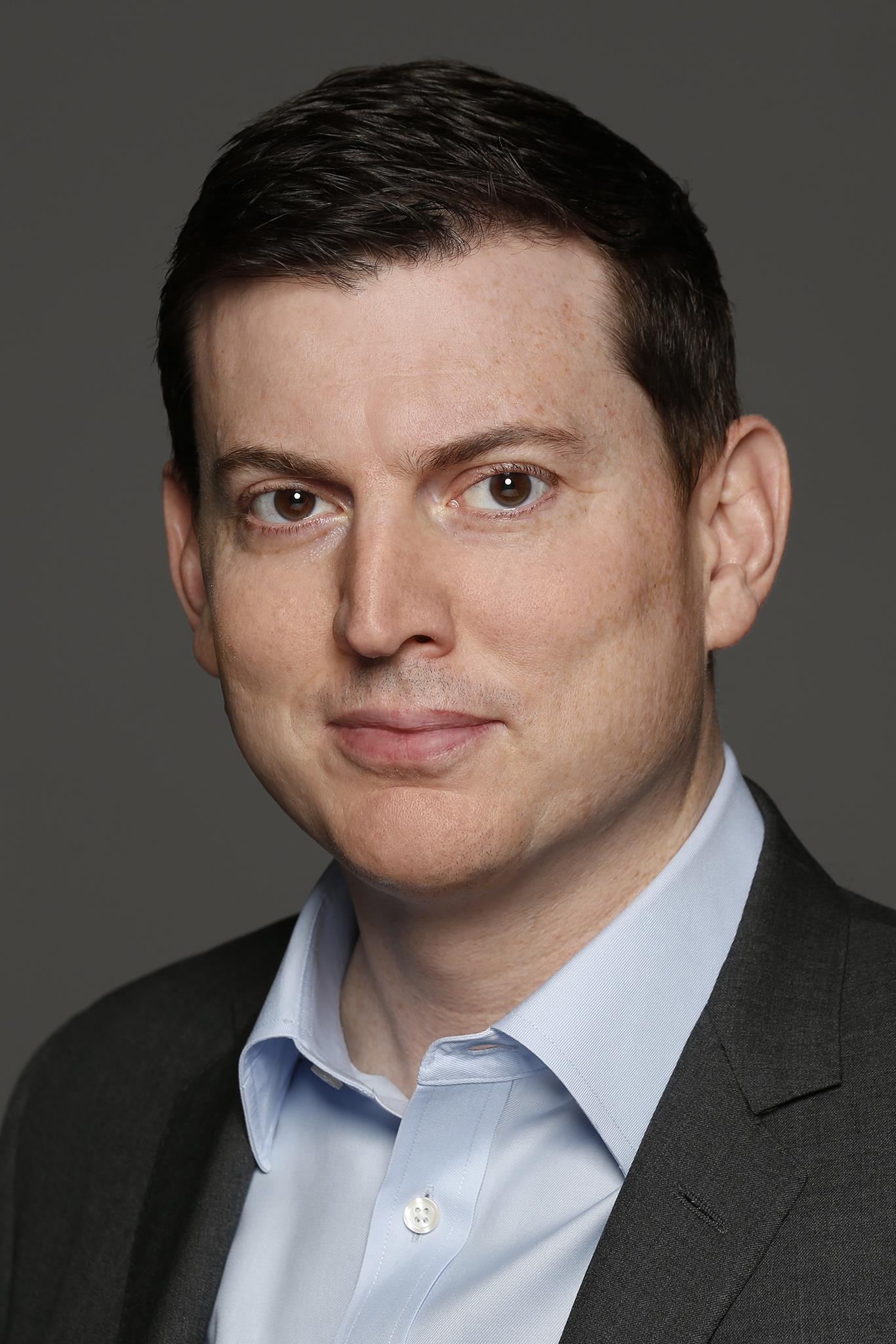The state of brand licensing around the world
We asked a number of FIPP members to tell us more.
Steve Ross, VP, global chief licensing director, Hearst Magazines
 |
What is the state of play in your company with international licensing at the moment?
Our portfolio of titles – including Cosmopolitan, Harper’s Bazaar and Esquire and more – resonate with diverse audiences around the world, and with product licensing we are able to bring our brands to life in a way consumers have never experienced before. We are continuing to expand with unique opportunities in new and unexpected categories and sectors, as seen with our recent deal to open Esquire whiskey lounges in India, scheduled to launch in New Delhi next spring.
Are there any emerging trends you see, for instance segments of brands doing well and/or specific products/services doing well when it comes to international?
Collaborations and co-branded experiential licensing will continue to be a popular growth strategy for us. We recently formed a partnership in Australia with Merlin, the parent company of Madame Tussauds, for a Cosmopolitan-branded fashion zone where guests become a star on the “cover” of the magazine. The attraction has been a big hit, and we’re in discussions to bring the experience to other major cities around the world.
What are your thoughts on the outlook for international licensing in the next year or three?
Revenue from international licensing continues to climb year over year and we expect this positive growth trajectory will continue.
Rosa Zeegers, EVP of consumer products and experiences, National Geographic
 |
What is the state of play in your company with international licensing at the moment?
National Geographic touches over 760 million consumers of every age, in 172 countries every single month. As one of the world’s most trusted brands, we have now developed a licensing strategy that leverages our unparalleled reach and diverse audience. To support this approach, we are significantly growing our teams both domestically and internationally. We have also expanded our portfolio to include categories that we believe will resonate well with our global audience. Our team has been charged with forging more partnerships in other countries, and we already have a number of deals that have resulted from that proactive initiative.
Are there any emerging trends you see, for instance segments of brands doing well and/or specific products/services doing well when it comes to international?
Exploration and adventure are essential components of National Geographic’s enduring 130-year legacy. Therefore, our brand is well-positioned to be at the forefront of some of the current industry trends that relate to lifestyle and outdoor. Additionally, consumers are now looking for brands that give back. We return 27 per cent of our proceeds to the non-profit National Geographic Society, creating a virtuous cycle of storytelling and philanthropy committed to research, science, conservation and exploration. Kids is another area that continues to do well for us and we’re looking at interesting ways to grow that piece of our business on a global scale.
What are your thoughts on the outlook for international licensing in the next year or three?
I think the outlook for international licensing is extremely positive, especially for National Geographic. I am confident that our international licensing business will experience significant growth, and believe we have assembled the right team to make that happen.
Carmen Figini, foreign rights at Editoriale Domus
 |
What is the state of play in your company with international licensing at the moment?
We are always engaged in licensing in particular our brand Domus and automotive content. We seem to attract more interest in the area of supplements, specials in the automotive case. More and more, it is not only about print but about the platform, with web, events academic programs.
Are there any emerging trends you see, for instance segments of brands doing well and/or specific products/services doing well when it comes to international?
The most difficult thing about side activities is monetisation. Some formats travel, some others do not as they are not applicable in a particular country. We find academic programs in the b2b market to be attractive for audiences and clients.
What are your thoughts on the outlook for international licensing in the next year or three?
I believe licensing will have to turn into a more creative and flexible business, no longer just a matter of royalties and minimum guarantee. We will have to partner with licensees, rather than simple content and brand suppliers.
Tim Hudson, director of international licensing and syndication, Immediate Media
 |
What is the state of play in your company with international licensing at the moment?
International licensing and syndication is an important and growing part of Immediate Media Co’s business. We have over 90 print and digital licencing agreements as well as 50+ syndication deals in more than 40 markets. This growth, we have signed around 20 licensing deals in the last two years, is a reflection of the market leading brands that we publish and that the special interest nature of our content transfers easily into other territories.
Are there any emerging trends you see, for instance segments of brands doing well and/or specific products/services doing well when it comes to international?
We have seen growth across the majority of segments in which we operate. Our craft brands in particular have performed well recently and TopGear has seen new launches in major markets such as Japan, France and Spain. Likewise our bookazines have shown huge growth, particularly in the history and science categories. One noticeable trend is that much of the growth is coming from smaller to medium size businesses that are agile and quicker to market than was the case several years ago. In addition, we’re working with partners, like we have in our own business, to increase the number of ways to monetise our content and brands across multiple channels including print, digital and apps.
What are your thoughts on the outlook for international licensing in the next year or three?
We’re optimistic! Whilst we still deliver growth from print, increasingly we will focus on further developing our multi-platform options – whether via licensing of our existing digital brands, or syndication onto third party digital brands and / or portals. In addition to this, events is an area that’s definitely coming into play and we run a highly successful and high profile BBC Good Food Awards event in UAE as an example. So, we still see our international business as a growth area, but the revenue composition will be a little different over the coming years providing customers even more opportunity to grow their businesses in partnership with us.
Kevin LaBonge, vice president, global licensing for Penske Media Corporation
 |
What is the state of play in your company with international licensing at the moment?
International partnerships are a growth area that we’re staffing up to expand at Penske Media, which houses iconic brands with remarkable international appeal and recognition that are ripe for global expansion. I could not be more thrilled to have recently come on board for the opportunity to steer these brands beyond pages and screens to innovations that will satisfy global audiences through interesting products and partnerships worthy of our brands’ collective rich legacy. Our push toward more dynamic international partnerships is a natural move for us, particularly in that we can leverage our existing global staff and offices across Europe and Asia to create rich offerings for our international partners, such as localized content from, for example, our WWD editorial team in Paris. We can also leverage our exceptional event and photography access to grant our partners access to images from the front row of the world’s most exclusive and sought-after events, such as all the top global fashion shows and movie premieres.
Are there any emerging trends you see, for instance segments of brands doing well and/or specific products/services doing well when it comes to international?
Penske Media is poised to do well overall when it comes to international because we can leverage our entire brand portfolio’s free and paid digital content products as well as massive US and global event footprints. We house very well-known, long-established brands that dominate with market-leading content in both the trade and consumer spaces. For example, we have the most trusted fashion and beauty trade coverage with the Fairchild brands (WWD, Footwear News, and Beauty Inc), and with Variety we have the industry’s go-to for trade news on the very global business of entertainment. Then with Robb Report, a more consumer-focused brand, we have the global authority on luxury with editions across 17 countries. Key to what we expect to be successful for the Fairchild brands as well as Variety and Robb Report are each brand’s proven accomplishments in digital as well as their existing top-tier global network, which are significantly bolstered by the brands’ events that attract elite attendees from around the world. Robb Report’s popular Car of the Year event, for example, as well as Variety’s celebrity-driven events and exclusive entertainment business conferenceshave been cultivating a worldwide network for decades. We’re eager to leverage each brand’s existing global network for events located internationally, which we already started this year with the successful launch of Fairchild’s large-scale conferences in Beijing and London. Wehave also announced plans for Fairchild’s new retail event in Tokyo, Japan coming in 2018, which we plan to follow with a new 2018 Fairchild event in China, to be announced soon.
What are your thoughts on the outlook for international licensing in the next year or three?
I anticipate the international market to be quite bullish – both specifically for Penske Media as well as in general. What is most exciting for Penske Media is our opportunity to play in both the trade and consumer spaces – that opens up a wider scope of potential for us and will keep us nimble in the international market. We are also in a unique position at Penske Media in that we have always been a digital-first company. Most other long-established media brands are still trying to find their way into the digital space, while we have been leading with digital for quite some time. That positioning across trade and consumer, the digital expertise, and event footprint gives us a significant advantage in any market condition.
More like this
How this magazine re-engineered itself to the point of becoming a global licensing play
Bloomberg Media Distribution signs The Economist as video licensing partner
Building content licensing-as-a-service and recipes-as-a-service







